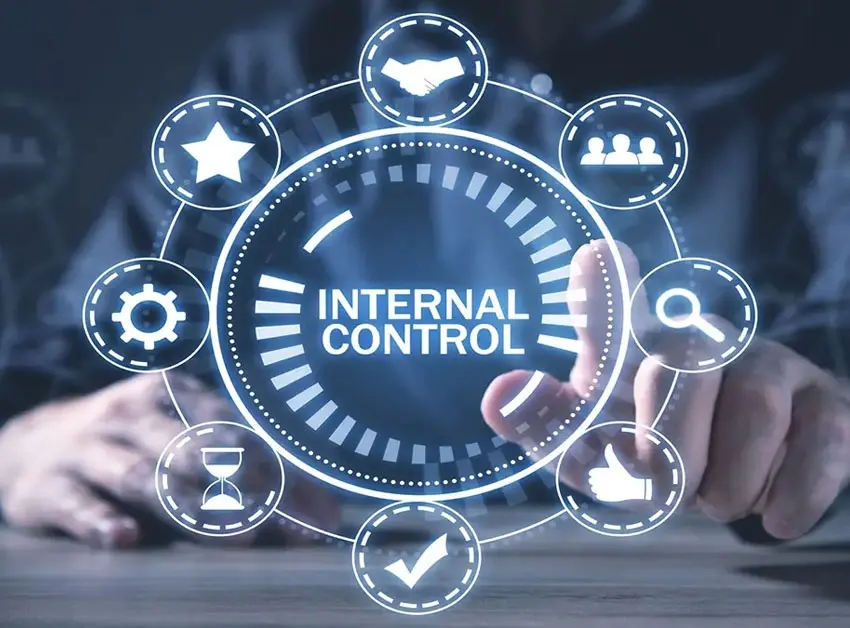

Internal controls are essential in any organization because they help ensure operational efficiency, financial accuracy, legal compliance, and protection of assets. Here’s a breakdown of why internal controls are important:
Internal controls help protect the organization’s assets—both physical (cash, inventory, equipment) and intangible (data, intellectual property)—from theft, fraud, and misuse.
They ensure that financial data is accurate, complete, and reliable, which is critical for making informed business decisions and preparing financial statements.
Good controls streamline processes, reduce waste, and promote consistency in operations, helping the organization achieve its goals more effectively.
Internal controls ensure that the organization adheres to laws, regulations, and internal policies, which helps avoid penalties, lawsuits, and reputational damage.
They create checks and balances that reduce opportunities for fraud and make errors easier to detect and correct quickly.
Reliable internal controls enhance the credibility of the organization in the eyes of investors, auditors, regulators, and the public.
With accurate data and risk management in place, management can make better strategic decisions to guide the future of the organization.
Internal controls are not just about compliance—they are a strategic asset. They create a foundation of trust, efficiency, and accountability, enabling an organization to grow sustainably while managing risk.